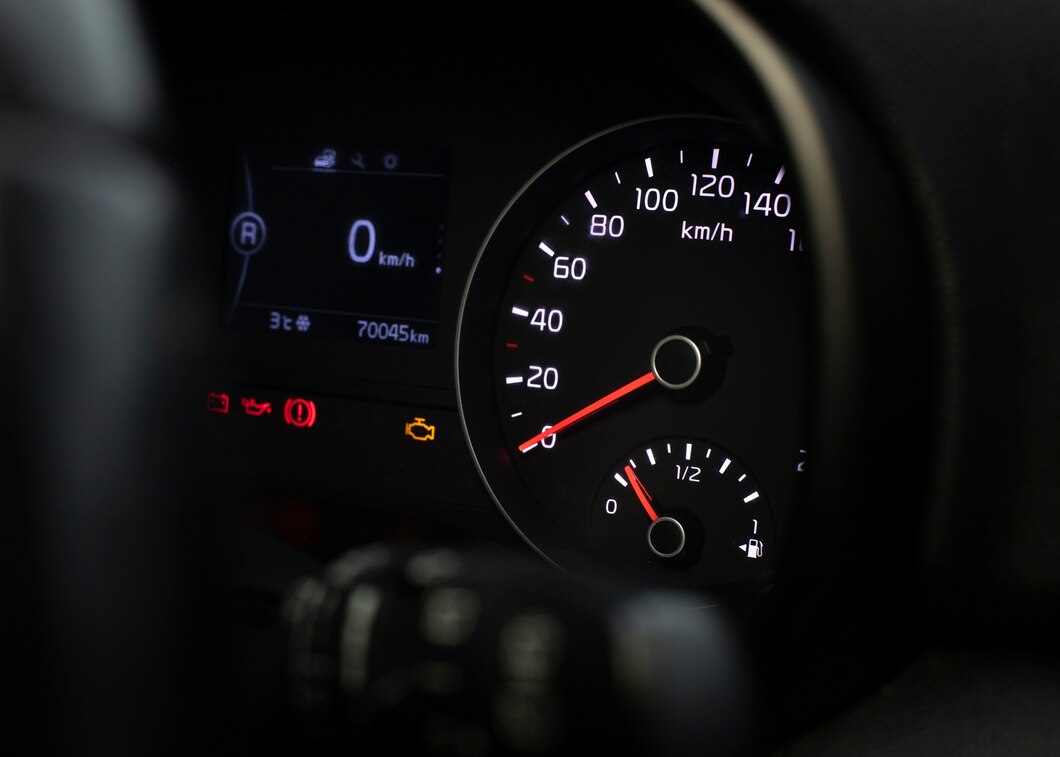Your car’s fuel system is critical for delivering the power and performance you expect from your vehicle. Over time, contaminants and residues can accumulate, leading to various issues that can affect your car’s efficiency and reliability. Knowing the early signs that your fuel system needs cleaning can help you address problems before they become severe and costly. Here are some key indicators to watch for:
1. Reduced Fuel Efficiency
One of the most noticeable signs of a dirty fuel system is a drop in fuel efficiency. If you find yourself filling up more frequently than usual, it could indicate that your fuel injectors or fuel lines are clogged. Clean fuel injectors ensure that the right amount of fuel is delivered to the engine, promoting optimal combustion. When they are dirty, your engine might use more fuel to compensate for the loss in efficiency.
2. Engine Misfires and Hesitation
Engine misfires or hesitation during acceleration are clear signs that something is amiss. Dirty fuel injectors can cause an uneven distribution of fuel, leading to incomplete combustion. This results in your engine misfiring or hesitating when you try to accelerate, which can be both frustrating and dangerous, especially in traffic.
3. Rough Idling
If your car idles roughly or feels shaky when you’re stopped, it could be due to fuel system issues. A clean fuel system helps maintain a smooth and steady idle. However, if there is a buildup of deposits in the fuel injectors or other components, it can disrupt the flow of fuel, causing your engine to idle irregularly.
4. Starting Problems
Difficulty starting your car can be a symptom of a clogged fuel system. When fuel delivery is compromised, your engine might struggle to get the right mix of fuel and air to start smoothly. This can be particularly noticeable in colder weather when your car needs an optimal fuel supply to overcome the cold start.
5. Poor Acceleration and Power Loss
A clean fuel system is essential for providing the engine with the power it needs. If you experience sluggish acceleration or a noticeable loss of power, it could be due to a dirty fuel filter or clogged fuel injectors. These issues restrict fuel flow, leading to a decrease in engine performance.
6. Check Engine Light
The check engine light can illuminate for numerous reasons, but issues with the fuel system are a common cause. Modern vehicles are equipped with sensors that detect irregularities in the fuel system. If your fuel system is dirty, these sensors might trigger the check engine light, indicating that it’s time for a professional inspection and cleaning.
7. Unusual Noises
Unusual noises, such as knocking or pinging sounds from the engine, can also indicate a dirty fuel system. These noises often occur when the air-fuel mixture is not balanced, causing improper combustion. Keeping your fuel system clean helps maintain the correct mixture and prevents these harmful sounds.
Preventive Measures and Maintenance
To avoid these issues, regular maintenance and preventive measures are essential. Here are some tips:
- Use High-Quality Fuel: Opt for high-quality gasoline to minimize the amount of contaminants entering your fuel system.
- Regular Fuel System Cleaning: Schedule periodic fuel system cleanings with your mechanic. This can include cleaning the fuel injectors, throttle body, and fuel lines.
- Replace Fuel Filters: Follow your vehicle manufacturer’s recommendations for replacing the fuel filter. A clean fuel filter is crucial for maintaining a healthy fuel system.
- Use Fuel Additives: Occasionally using fuel additives can help keep the fuel injectors and other components clean.
In conclusion, paying attention to the early signs of a dirty fuel system can save you from more severe problems down the line. Regular maintenance and prompt action when issues arise will ensure your vehicle runs smoothly, efficiently, and reliably.











